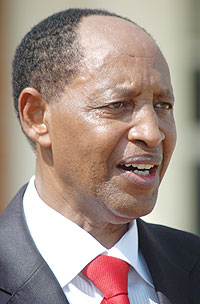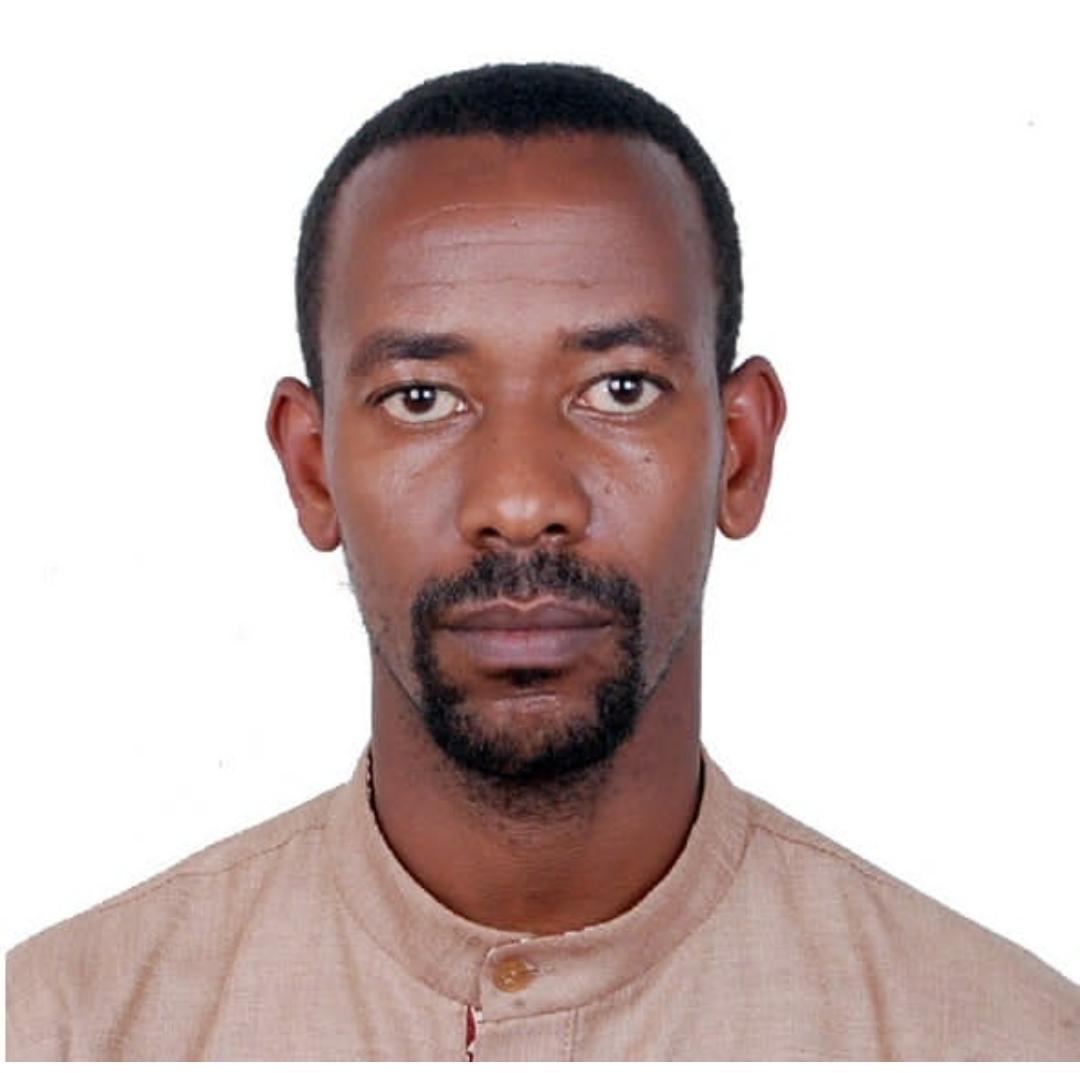The Senate has accused local and International Non-Governmental Organisations (NGOs) operating in Rwanda of not being transparent by producing their financial reports. The accusations arose after a Senatorial Standing Committee on Foreign Affairs Cooperation and Security produced a damning report exposing fishy ways on how some NGOs are operating in the country.


The Senate has accused local and International Non-Governmental Organisations (NGOs) operating in Rwanda of not being transparent by producing their financial reports.
The accusations arose after a Senatorial Standing Committee on Foreign Affairs Cooperation and Security produced a damning report exposing fishy ways on how some NGOs are operating in the country.
The report was a result of a probe that was ordered following persistent reports that NGOs receive billions yet there is little activity on ground.
It also indicates that the total annual budget of local NGOs is about Rwf1.5bn while that of international NGOs’ budget stands at Rwf230bn.
However, the report also pins the government for being reluctant in following up NGOs’ operations and expenditures.
While presenting the report, Sen. Agnes Mukabaranga, alleged that NGOs might be diverting the funds into other ‘improper and destabilizing’ activities.
Immediately after Mukabaranga’s presentation, senators expressed their concerns saying that they do not see the impact made by the NGOs money.
Sen. Rwigamba Balinda proposed that a law ordering NGOs to be subject to audit be considered in parliament, saying that it would be the only way the government could hold them accountable.
Initially, the report had indicated that local NGOs are requesting to have government’s financial assistance, however, according to Sen. Joseph Karemera, that would be a contradiction.
"There is no way the government can allocate funds to NGOs yet we have reports that they are not transparent,” said Karemera.
Reacting on the huge sums of money in the NGOs bank accounts, Sen. Agnes Kayijire said that she doesn’t see the impact of the funds.
"We need to first know how much the western countries release to International NGOs and how much those NGOs spend down here in the field,” said Kiyijire.
Despite several interventions from Senators, the vice President of the Senate, Prosper Higiro, said that they should be the first to be blamed for the NGOs irresponsibility and errors.
"We are here complaining about NGOs yet we are the same people who pass laws favoring these NGOs. We have all the powers over these NGOs and the government, instead of complaining, we should be having solutions.”
On the issue of funds, he said; "the money these NGOs get does not come in briefcases and wallets, it’s comes through bank transfers, something we can monitor.
"We should go to the source of these funds and negotiate with the main donors on how we prefer the money to be spent,” said Higiro.
Immediately after Higiro’s intervention, Senator Jose Kagabo chipped in with a more precise version saying that international NGOs spend 70percent of their total budget in their personal and staff administration issues.
"The money that reaches down to the people is only 30percent of the total budget of the NGOs. This makes it hard to get to the source for details,” said Kagabo.
He gave a long history of NGOs and their operation and proposed that the Senate organize a seminar with all NGOs in the country and all issues raised in the senatorial report be tabled before them.
"We can consider taking a radical decision of expelling the NGOs that are not transparent, however, we need to do it in a more appropriate manner that would not raise an alarm that Rwanda is expelling NGOs,” said Kagabo.
He said that in 1995, there were very many NGOs in Rwanda that were pretending to be part of the relief operations.
By October 1995, there were over 150 international NGOs and some 80 national NGOs working in Rwanda.
Relationships between NGOs and the Government, however, became increasingly strained during the year and 43 international NGOs were expelled by the Government in December.
According to Kagabo, the NGOs that were expelled were practically doing nothing in the country and were also funding negative forces in and outside the country by then.
Regardless of several reactions raised, senators, however, said that the report presented before them was shallow and requested for more details.
Mukabaranga who presented the report also admitted that her report was shallow and lacked genuine facts because the NGOs did not cooperate in providing information during the compilation of the report.
Later on, Sen. Aloysia Inyumba, who was a member the committee that compiled the report, revealed more damning information regarding how the local government works with NGOs.
She said that some NGOs are running the districts’ daily business, "they provide them with computers and vehicles and all the logistics which may compromise local government authorities.”
On the issue of funds, Inyumba particularly pointed out that Care International’s only significant activity was a small nursery school that was set up in the Western Province yet it is one of the International NGOs with big accounts.
Ends


